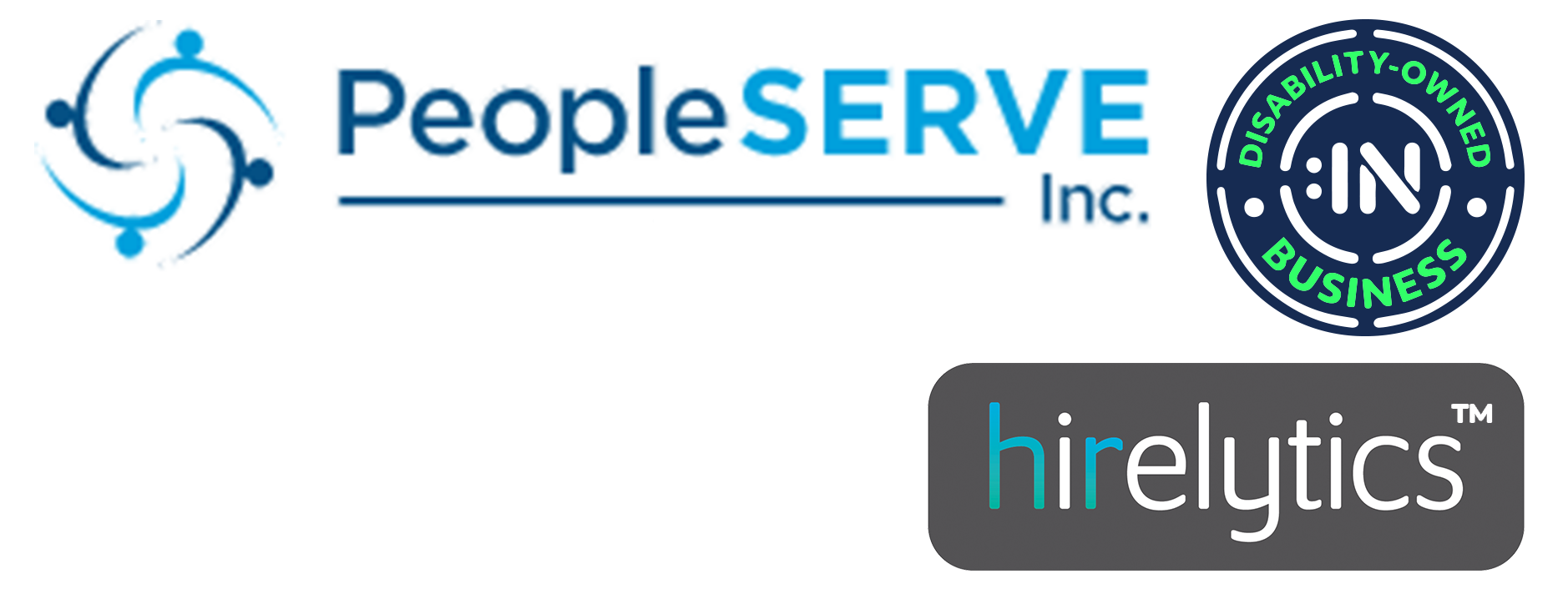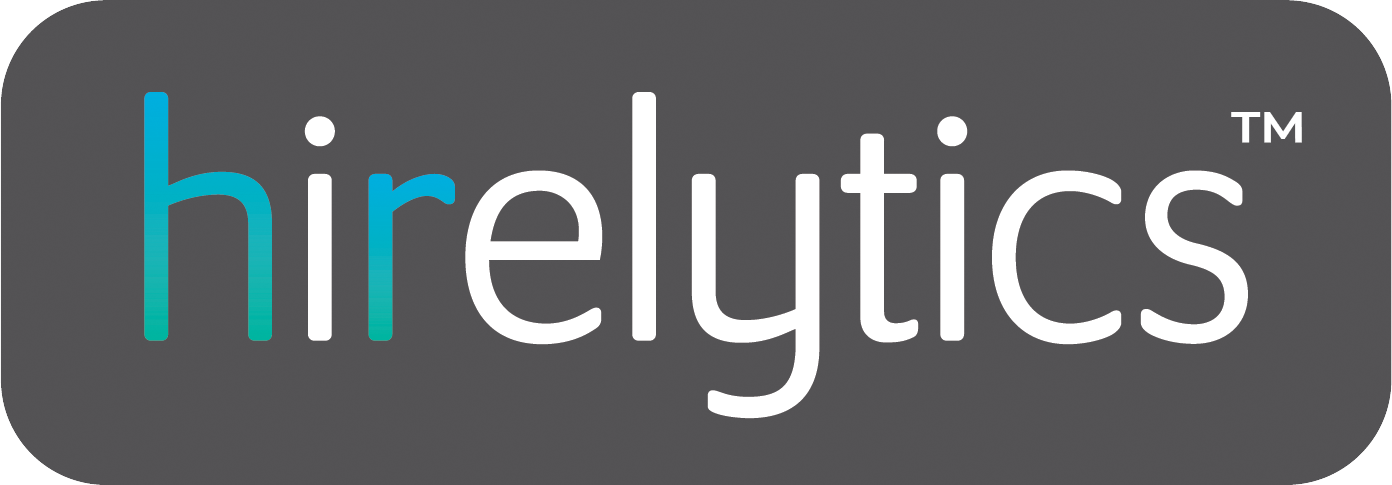Do you know what employees want? The modern workplace has evolved, and what candidates look for while job hunting has changed too. Today, people are increasingly mindful of how they prioritize their personal and professional lives.
What do employees expect/demand from employers, that is different from the past?
As both professional and cultural climates shift, workers have started to reassess what matters most to them in the workplace. The number one expectation in 2020: respect. A groundbreaking survey by Harvard Business Review found that people feel better and perform optimally if they feel their physical, emotional, mental, and spiritual needs are being met.
One simple way to tick all those boxes is to be respectful employees’ opinions and contributions. Instead of micromanaging, supervisors can allow staff to do their jobs and offer positive feedback and constructive criticism when appropriate.
For those who think employee reprioritization may have little impact on the success of the organization itself, HBR offers data to the contrary. As more of those four core needs are met, the levels of everything from employee engagement to focus to positivity rise exponentially. That’s truly a win-win for all involved.
Why is flexibility so important to employees?
The desire for flexibility is another hallmark of the modern workplace. Even before 2020 thrust telecommuting into the spotlight, employees were looking for ways to change how and when they worked. Perhaps they wanted to be able to get their kids on the bus or maybe it was a desire to travel more while still maintaining a full work schedule.
Having a flexible work arrangement allows employees to improve their work-life balance. Experts predict that at least one-fourth of the workforce will be tackling their tasks from home at least part time by the end of 2021. Luckily, studies show that remote workers are actually more productive than their in-office counterparts.

How employers should respond to changing expectations and priorities
To keep pace with the demands of the modern workforce, employers should revisit how they interact with their team and what options are available to employees eagerly seeking an alternative to the typical 40-hour, in-office work week. It could be as simple as reimagining how the Monday morning meeting works and encouraging employees to take larger roles in project planning. Or, companies can create a larger impact by exploring a larger restructuring.
- Use a consulting firm to gather data on which departments and/or team members can make a smooth shift to remote work
- Offer partial or full work-at-home schedules when possible
- Integrate new technological tools to support everything from a virtual water cooler to project management
To improve recruitment numbers and attract high-quality candidates, these changes should be a part of employer branding. Share the option for remote work in job descriptions. Reference employee reward programs in website copy and other marketing materials. Let the world know that you’re open-minded and eager to evolve.
How can current employees keep employers informed/help the process?
As important as it is for employers to step up and meet their team’s needs, current employees also have a responsibility to participate in the evolutionary process.
- Use feedback sessions as an opportunity to understand areas of success and those that could use improvement
- Show the same respect to management and coworkers that you expect in return
- View working from home as a chance to demonstrate how effective and efficient flexible work arrangements can be
- Speak up if things don’t look or feel right
The far-reaching effects of 2020 change in the workplace
For countless non-essential workers, there has been days of interrupted work schedules, attempts to master videoconferencing, and the ability to be there for the kids as they figure out their own distance learning experience.
People are realizing that the most important benefits they find in the workplace may not actually be in the workplace at all. The year of 2020 could usher in a global change in corporate culture and how businesses find and keep their most valuable employees.
Corporate success requires agility. To remain relevant and attract top talent, it’s crucial to keep up with changing values and trends.
What are you doing to stay connected with the needs of current and potential employees?


